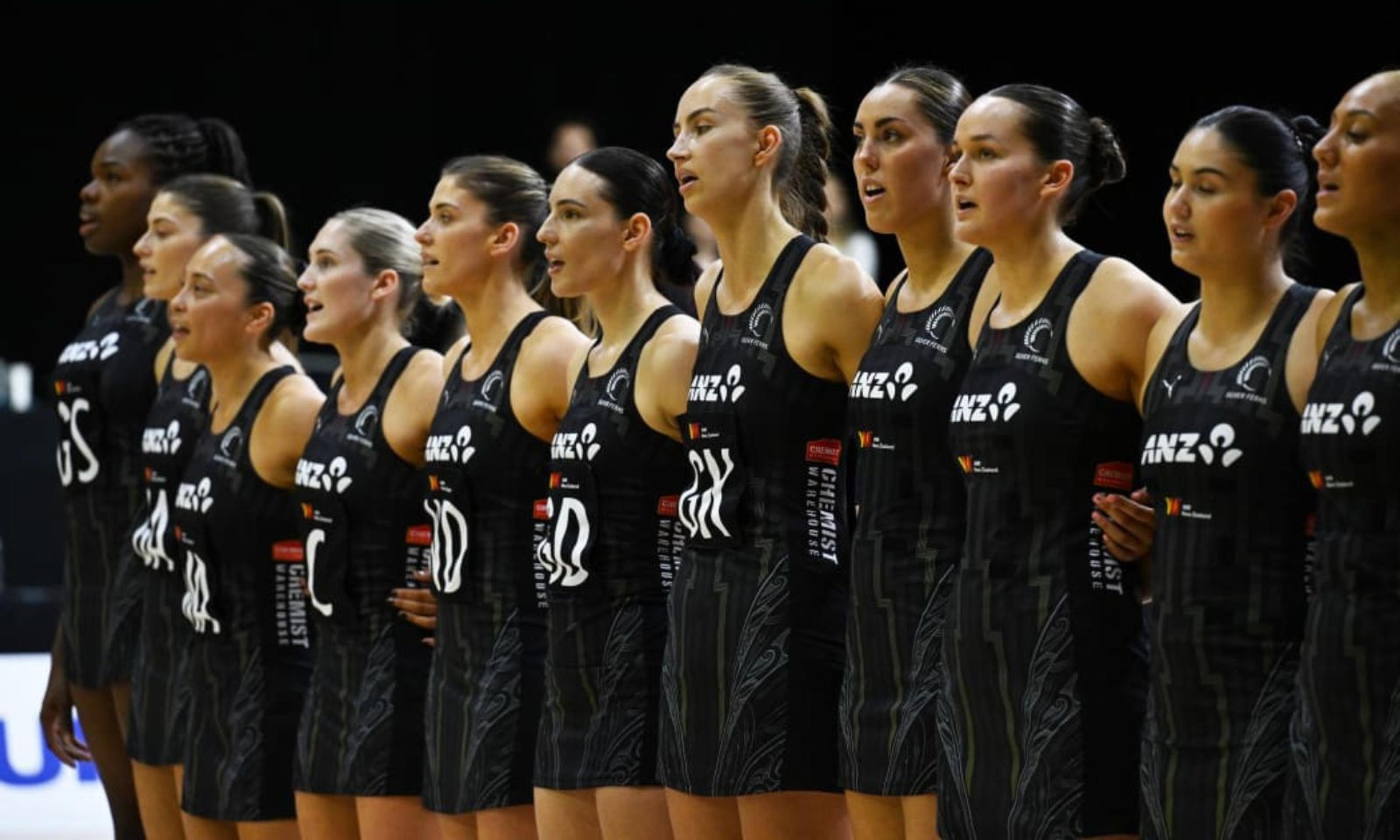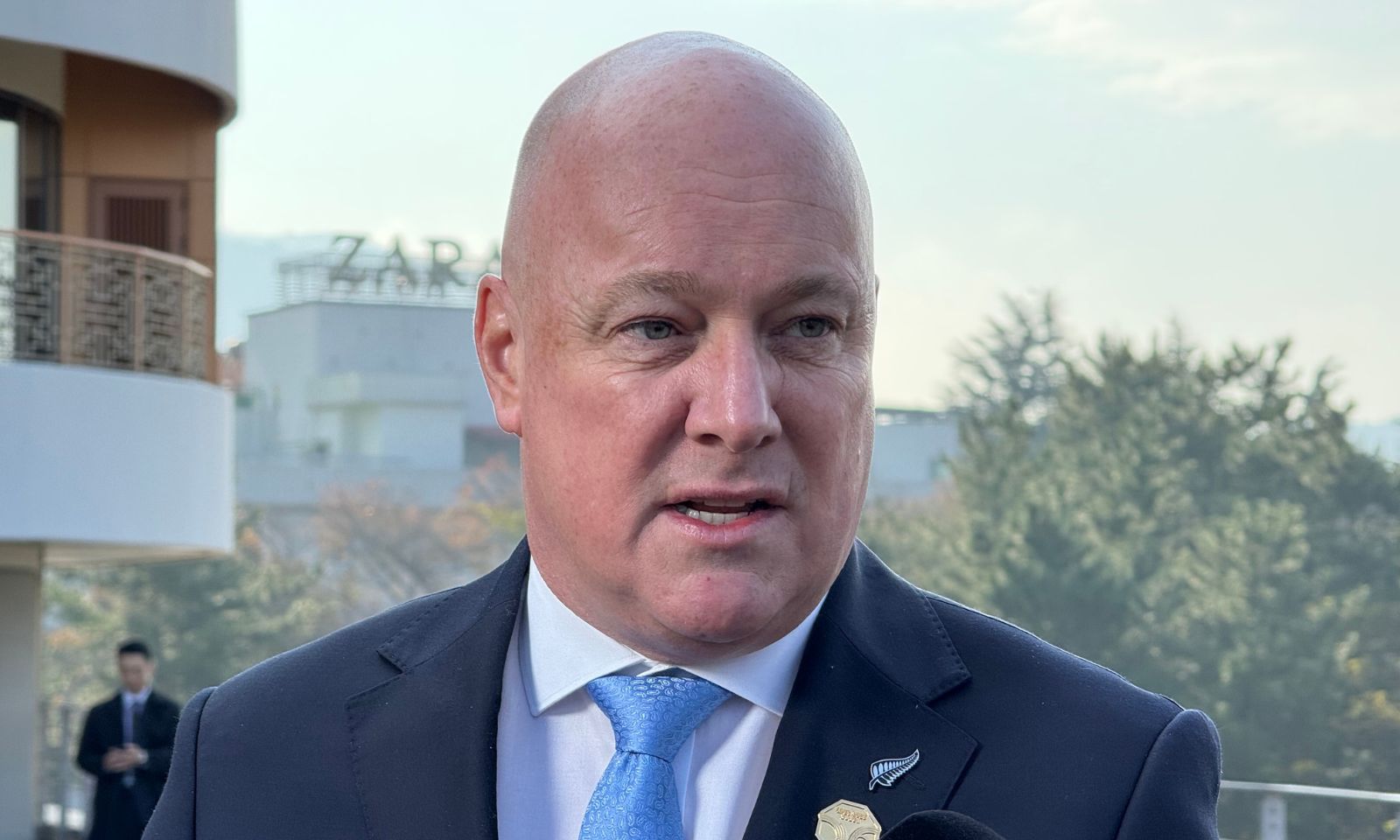

Kick Back General Manager Aaron Hendry.
Photo/Facebook/531pi/Unsplash
Concerns grow over proposed 'move-on' powers targeting Auckland homeless
Youth advocate Aaron Hendry warns the changes will put Pacific and Māori rangatahi at greater risk, as they are already disproportionately affected by homelessness.



US funding cuts threaten to 'dry up' future of Pacific scientists - expert


Fiji’s former Prime Minister and police chief charged with inciting mutiny


Inked across lands: How Pacific tattoo art is thriving in Germany

US funding cuts threaten to 'dry up' future of Pacific scientists - expert


Fiji’s former Prime Minister and police chief charged with inciting mutiny
An Auckland youth advocate says a proposed Government proposal to let police move homeless people out of the city centre is dangerous and will put Pacific and Māori young people at even greater risk, as they are already disproportionately affected by homelessness.
Various measures are being considered by ministers for Auckland's city centre, one would give police the power to issue move-on directions, but the exact details are vague. It requires individuals to leave parts of the city centre when their presence is deemed to cause alarm, nuisance or disorder.
Speaking with RNZ, Police Minister Mark Mitchell says he supports giving officers “more tools to move homeless people on from public areas”. Meredith Connell partner and local government expert, David Collins, told RNZ that any new powers must still comply with the Bill of Rights Act, meaning councils cannot impose blanket bans on rough sleeping.
The Homelessness Insights Report 2025 shows that 4965 people were severely housing-deprived on Census night, with Auckland recording the highest number of people living without shelter. The report reveals that a major concentration of Pacific communities resides in Auckland.
The 2023 Census data shows 60.7 per cent of all Pacific people under 25 in New Zealand live in the Auckland region. Data from Tupu Ola Moui show that Pacific households often face “overcrowded or uninhabitable conditions”, with high rates of housing deprivation and limited access to affordable rentals.

The Homelessness Insights Report 2025 shows that 4965 people were severely housing-deprived on Census night, with Auckland recording the highest number of people living without shelter. Photo/Unsplash
Speaking with William Terite on Pacific Mornings, Aaron Hendry, the General Manager of Kick Back, says Pacific and Māori young people are already overrepresented in homelessness. He says around eight per cent of the rangatahi his organisation supports “identify as tangata moana [Pacific]”, with most being rangatahi Māori.
“That's a little bit higher just in terms of the way we've captured the data. But it's real concerning. When you start to look at those figures, you've got to start asking yourself, ‘why is it that our rangatahi Māori and our tangata moana are disproportionately impacted by the housing crisis’?” Hendry says.
“When we look at the structural inequality, the racism, the breaches of Te Tiriti, which go back over the last 200 years, there's a real clear whakapapa [history] to homelessness in this country. It's colonisation and capitalism.”
Listen to Aaron Hendry’s full interview below.
“It's the decision to make housing a commodity rather than the basic human need that it is. When that occurs, it is our most structurally marginalised whānau who end up slipping through the cracks onto our streets.”
Government ministers have defended the move-on notice as one idea to deal with the complex homelessness problem. Prime Minister Christopher Luxon told RNZ the situation in Auckland's CBD had reached a point where people felt unsafe and intimidated, but that there was also a responsibility to treat homeless people fairly.
Luxon says ensuring safety is crucial, especially with upcoming major events like the launch of the City Rail Link and increasing cruise ship arrivals.
Justice Minister Paul Goldsmith, also told RNZ that the proposal is a response to rising disorder and safety concerns in the CBD, saying it is his responsibility to ensure police have the necessary powers to deal with the issue.

Prime Minister Christopher Luxon. Photo/PMN News/Ala Vailala
Hendry has signed an open letter opposing the proposed ban, joining more than 40 Auckland MPs, local board members, councillors, union groups and community organisations calling for the Government to scrap the plan.
Coordinated by ActionStation Aotearoa and Kick Back, the letter argues that the proposal is a “superficial solution” that risks displacing unhoused families, rangatahi, and children into suburbs that are already overwhelmed by cuts to community services.
Community members in Avondale have warned they “do not have the resources or capacity to care for more unhoused people”. They are urging ministers instead to reverse recent emergency housing changes and invest in immediate housing, outreach, and health support.

The Homelessness Insights Report 2025 show 4,965 people were severely housing deprived on Census night. Photo/File
Labour’s housing spokesperson, Kieran McAnulty, told Terite the Government’s approach risks pushing the crisis onto the very communities already bearing the heaviest burden. He says many of those on the streets are indigenous, Pacific, women, or children.
McAnulty recalls the Government celebrating a drop in emergency housing numbers from 3141 households in December 2023 to 591 by December 2024, a reduction of about 75 per cent ahead of target.
The achievement was partially realised through changes to the eligibility criteria, including shorter grant periods, from one to four days, and stricter assessments of whether applicants had contributed to their situation.
“It comes down to one simple thing: they change the criteria for emergency housing so that it is almost impossible to get in. Every time you ask the Government about it, they will try and talk to you about the number of people that have left emergency housing, but they will refuse to talk about the numbers that have got in,” McAnulty says.
A separate member’s bill, Policing (Direction to Move On) Amendment Bill, from National MP Ryan Hamilton, proposes giving police the power to direct a person or group to leave a public place anywhere in the country for up to 24 hours, with non-compliance carrying a fine of up to $2000.
Listen to Kieran McAnulty’s full interview below.
This story has been updated to clarify that the government’s proposal is a move-on direction, not a ban.